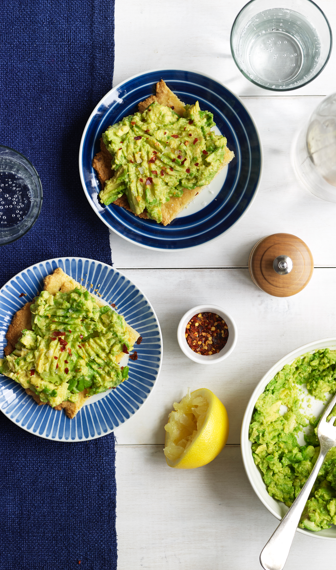Understanding Carb Overloading
Carbohydrates are one of three classes of food called macronutrients (the other two are fats and protein). The term “carbohydrate” is a big umbrella, including everything from table sugar to cauliflower. The basic unit of a carbohydrate is a monosaccharide or simple sugar (such as glucose or fructose), but these simple sugars can be linked together in infinite ways, and will have very different effects on the body depending on their arrangement.
The body can obtain everything it needs to survive from protein, fats and the right kind of dietary carbohydrates (or good carbs), like vegetables, which offer many valuable components such as antioxidants, fiber, vitamins and minerals.
What Are Good Carbs?
Good carbs are carbs that don’t raise blood sugar too high or too quickly. The best carbohydrates (like vegetables) are found in unprocessed whole foods that are rich sources of phytochemicals – plant compounds, which protect against cancer, heart disease and other illnesses. Many phytochemicals are natural antioxidants and many are anti-inflammatory. Healthy carbs like vegetables and fruits also contain tons of important vitamins and minerals. In addition, carbohydrates are the only dietary source of fiber.
Remember, a diet focused on eating plenty of good carbs is naturally low in sugar – especially processed or added sugar. So when you focus on eating good carbs, you are also adhering to another very important Atkins nutrition principle – Low Sugar.
Why should I avoid bad carbs?
Bad carbs are highly processed carbohydrates (refined breads, cereals and pastries) that raise blood sugar too high and too quickly. These refined carbohydrates are not only higher in sugar and significantly lower in nutrients and fiber than whole foods, but they also break down more rapidly into glucose and enter your bloodstream far faster than vegetables and other good carbs. So if you eat refined carbohydrate foods, you stay on the blood sugar roller coaster ride of highs and lows.
Recommended
Carb Consumption
Not as much as you think. Most Americans get over 300 grams of carbohydrate a day, most of it from highly processed sources that raise blood sugar quickly and play havoc with your health. A good general guideline for a healthy active individual is between 30 and 40% of your daily calories coming from carbohydrates for weight maintenance, though many people can do quite well with substantially less, especially for weight loss purposes. Athletes in good shape, without blood sugar problems, may be able to burn more. The percentage will ultimately depend on several factors such as your weight goals and your individual carb consumption.
How do I get good carbs into my diet?
The best kinds of carbohydrates are those that do not raise blood sugar quickly, nor raise it too high but provide lots of nutrition – more bang for your nutrition buck. Those kinds of carbohydrates are described as good carbs or low glycemic foods. Good carbs include vegetables, low glycemic fruits such as berries and apples, as well as legumes and unprocessed high fiber whole grains.

